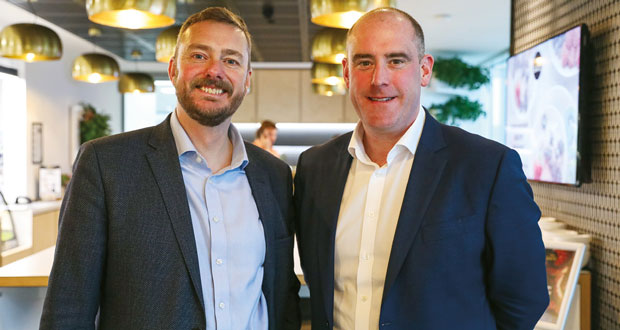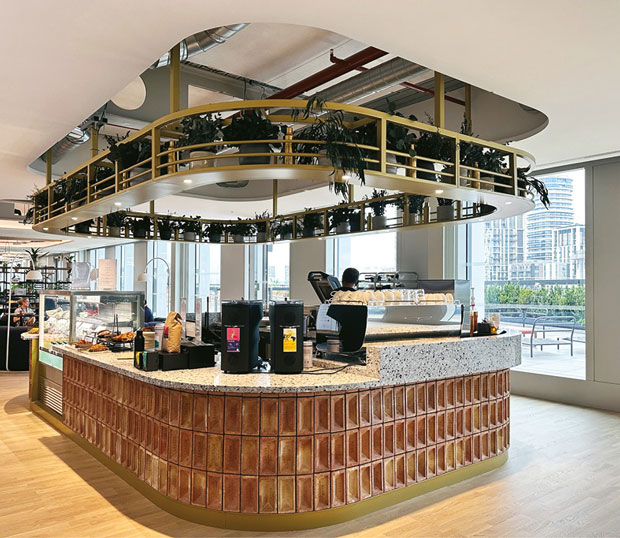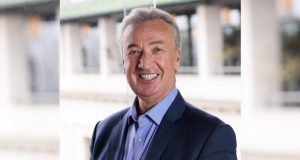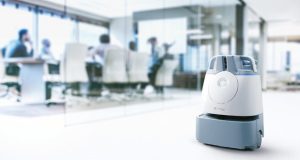IT’S ALL ABOUT THE PEOPLE
However, whilst the overall business progression is clear, the perennial people problem in hospitality hasn’t gone away. This, according to Prentice was one of the major challenges to address when taking over the business.
“People make our business and it has always been important for us to recognise this. We always talk about our BM family and the need to look after one another. This was never truer than during and after the pandemic. Our continuous engagement with clients needed to extend to our teams too.”
The company regularly held online ‘social’ events during the pandemic and invited all staff, even those who were no longer on the company’s books, and continued to send birthday cards, gifts, and personalised messages from senior management. “Even after they’d left, it meant that people didn’t feel completely shut out of the company.” This, according to Brydon, is why the company has been able to recover so quickly and hasn’t necessarily struggled in the same way to recruit staff as other businesses.
“Of course, there are macro issues the whole sector is tackling, but we truly believe that this has been minimised as so many of our teams wanted to come back and work for us,” he explains.
NEW LEADERS, SAME VALUES
Although the sector’s labour shortages have been significant, Prentice and Brydon have been able to focus on getting to grips with their new roles, new working relationships, and their new vision for the company.
“We were working up to the job for a number of years. We had already begun to build our partnership, acknowledging our different strengths,” says Brydon.
“The challenge from day one was knowing how to be an MD. We really wanted to focus on the core elements of the business: people, health and safety, marketing, and food development. These were all at the heart of how our company was formed more than 20 years ago. And when we were budgeting, we really wanted to make sure every department felt invested in.”
Prentice adds: “We wanted to tap into our strengths to help create an environment really fit for growth.”
US VS THEM
Part of this was bridging the gap between London and the regions and shifting the ‘us and them’ perception.
Brydon previously looked after the company’s London business, while Prentice was responsible for BM’s business in the regions. The appointment of joint MDs who brought together on-the-ground knowledge of the challenges and opportunities across both fields was part of that strategy.
“Less face time and less interaction could have led to feelings of isolation,” explains Brydon. “We don’t want our teams to feel like that. We made a decision to remove what was a historic London vs the regions mentality and bring the teams closer together. It’s important that people feel unified, now more than ever.”
With the labour challenges easing slightly and a somewhat renewed confidence in the hospitality sector, the focus for BM is now on the future.
HOTELIFICATION
The team is also considering how the office catering solution of the future will meet shifting customer demands and behaviours. The ‘hotelification’ of the workplace has become a bit of a buzzword with the underlying message that offices are being seen as places to collaborate, not just work, and to make their commute ‘worth it’ when they can just as easily work from home.
Prentice is bullish about the future of the office. He believes that hybrid working is the future, with more flexible spaces and the rise of ‘zoning’.
The view is that caterers can facilitate this shift and add value to the office experience. “We are working with FM teams to create flexible spaces to eat and drink that also encourage socialising, serendipitous encounters, inspiration and relaxation, as well as permit employees to eat and work at the same time. They are becoming like a home away from home.
“Restaurants can provide informal meeting spaces,” he points out. “Organisations are placing more trust in employees. They come in at different times and eat at different times, so the FM offer needs to manage this.”
Brydon adds: “We’re seeing a lot more shared spaces and the bringing of departments together. It’s now less ‘finance on the third floor, HR on the second’, and more about integrated seating.”
CATERING FOR THE FUTURE
In the longer term, BM has an eye on smart use of customer data and machine learning to tailor employees’ workplace experiences. The company sees opportunity for security, desk-booking and wellness. Applications are also being considered for nudges for healthy food ordering to all be available through a single, integrated workplace app, which could then allow AI to provide suggestions and further optimise the office experience.
“VR and AR could even be used to show customers the restaurant menu, a personalised view of dishes’ native origin, how it’s made and, the ingredients’ provenance,” says Brydon.
The food sector has gone through quite the journey over the last few years and, if BM’s success is anything to go by, there will be a few more items on the menu in the coming years.






